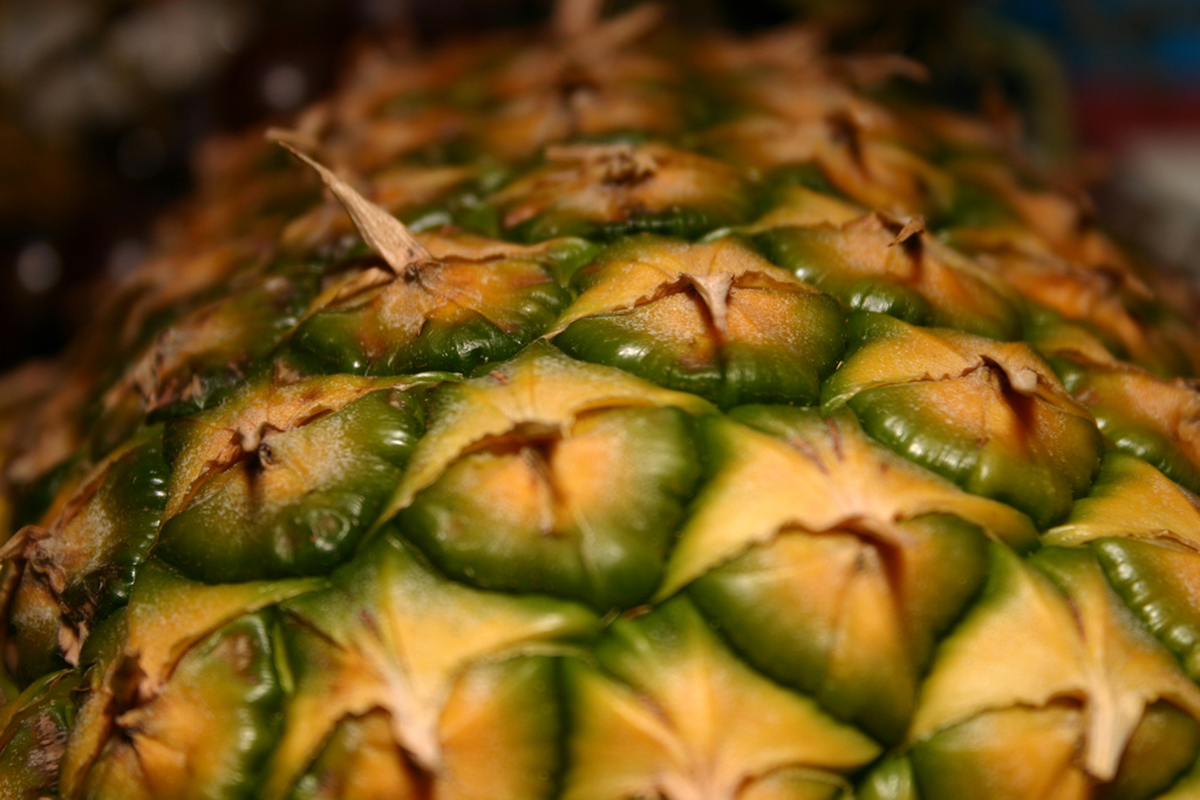Inflammation is at the core of so many diseases and conditions that it might surprise you. But what is inflammation, how does it manifest and what can we do to quell it and lead healthier and pain free lives?

Do you remember the last time you cut yourself? First you experience some pain and maybe some swelling and a slight red coloration. This is what is known as acute inflammation. Parts of our bodies can also get inflamed through a disease process. Any condition ending with "-itis" is generally an inflammatory condition. Some examples include tonsillitis, arthritis and colitis.
Another type of inflammation is known as chronic inflammation. This is a kind of invisible inflammation that can occur anywhere in the body and is brought about mostly by bad diet and stress. Inflammation can cause damage to our cell membrane lipid bi-layer leading to a chain of events that causes other inflammatory chemical to be released within the body, leading to more inflammation, accelerated aging, wrinkles, diabetes, cancer and even increased body fat storage.
What Should You Eliminate From Your Diet?
Processed sugar, refined starch and high glycemic index foods. Insulin resistance, where people are unable to utilize the insulin that they produce to its full potential, is a common problem — especially among obese and overweight people. Insulin is a metabolic hormone produced by the pancreas in response to the food we eat. After we eat a meal, all food (but particularly carbohydrate foods, which include starches, sugars and fruits) gets broken down into a usable form of energy for the body, namely glucose, which feeds our body cells and brains with energy.
Insulin is the hormone responsible for getting the glucose shuttled out of your blood stream and into your cells, where it is burned for energy. Insulin is like the "key that unlocks" the door to your cells, allowing glucose energy to enter. In insulin resistance, this mechanism is functioning sub-optimally at the cellular level, which means blood insulin levels remain high but blood sugar remains high too. The result is an increased risk for diabetes and a propensity towards obesity. Studies have shown that insulin can also cause inflammation and at the same time, inflammation itself can lead to insulin resistance leading to a vicious cycle.
Unhealthy fats. Four types of fats are associated with inflammation: saturated fats, arachidonic acid (AA), trans fatty acids and omega 6 fatty acids. In excess, the saturated fats and AA's found in animal foods like red meat, chicken skin, egg yolks and full fat dairy can induce a pro-inflammatory state. Trans fats (or hydrogenated fats) are commercially produced fats found in some margarines and baked goods that have also been shown to cause inflammation in the body when taken in excess.
Another type of fat, known as omega-6 (found in margarines, sunflower oil and mayonnaise), can trigger inflammatory responses, especially when taken in higher amounts than the anti-inflammatory omega-3 fatty acids. If you eat processed foods and cook with oil, it’s likely the omega 6 content of your diet is high. The trick is to avoid baked goods and other trans fat rich foods reduce your intake of animal fats and omega 6 fats.
Allergens. Food allergies are more common than most people think, with some statistics showing up to one in three people suffer from some form of food allergy or intolerance. If one keeps exposing themselves to an allergen, the result is inflammation as the body tries to defend itself from the allergen. The most common food intolerances are:
- Cow’s milk
- Yeast
- Eggs
- Wheat
- Gluten
- Oats
- Nuts
- Beans
- White fish
- Shellfish
See Also: Food Allergies Make You Broke
Nightshade vegetables. Certain vegetables like potatoes, tomatoes, eggplants and peppers are members of the nightshade family and contain a compound called solanine that may trigger inflammation in some people.
In with the Good: How To Combat Inflammation
Low GI and wholegrain carbohydrates. Low GI carbohydrates are those that result in the minimum insulin response but still contain enough glucose to give us energy. Less insulin secretion, means less inflammation too. Some examples of low GI carbohydrate foods include yogurt and milk, wholegrains like bran cereal, low GI wholegrain bread, brown rice, barley, rolled oats, oat bran, lentils and other legumes as well as most fruits but especially deciduous fruits, berries and citrus fruits and vegetables.

Omega 3 Fatty Acids. As mentioned before, it’s the ratio of omega 6 to omega 3 fatty acids that becomes important in reducing inflammation. Omega-3 fatty acids have been shown to directly reduce inflammation and directly improve insulin sensitivity too. The top sources of omega 3’s are fatty fish like salmon, tuna, mackerel, herring, pilchards and sardines. Vegetable sources of omega 3’s include walnuts, flaxseed oil, chia seeds and oils, help seeds and oils, and pumpkin seeds and oils. Its is recommended to eat fatty fish at least 3 times per week and at the same time to cut down on omega 6 sources of fats. If you are vegetarian, include a vegetarian source of omega 3 daily.
Fruits and vegetables. Fresh fruits and vegetables are your best defense against disease, as they contain special antioxidants and phytochemicals that protect our DNA from free radical damage. It is recommended that we eat at least 5 servings of fruits and vegetables combined per day. A serving being 1 medium fruit or 1 cup raw or half a cup cooked vegetables. Some fruits and veggies and plant foods that are of particular importance include:
- Pineapple. Pineapple is rich in a substance called bromelain, an enzyme that decreases inflammation and boosts immunity.
- Onions and Garlic. Both onions and garlic are rich in sulfur compounds that help inhibit enzymes that cause inflammation. For best results use onions and garlic raw.
- Sweet potatoes. Sweet potatoes are rich in carotenoids, antioxidants that boost immunity and quell inflammation. Other sources of carotenoids include bright orange fruits and vegetables like carrots, butternut, pumpkin, mangos and papayas.
- Spinach. Green vegetables like spinach, kale, turnip greens and broccoli contain anti-inflammatory compounds are a rich source of antioxidants in general.
- Ginger. Fresh ginger root has been shown to directly block the chemical pathways that produce inflammation.
- Turmeric. It contains a chemical called curcumin, which works in a similar manner to ginger. It is one of the most powerful herbal anti-inflammatories knows.
See Also: Diets In Review: The Blood Type Hype
Supplements Against Inflammation
Some people go for supplements to quell inflammatory responses as an alternative to drugs. The most popular ones include:
- Omega-3 fish oils (up to 300mg per day)
- Alpha -lipoic acid (a powerful anti-oxidant)
- Gamma-Linoleic acid (another type of omega 6 supplement that is anti rather than pro-inflammatory)
- Curcumin (concentrated turmeric supplement)
- Quercetin and Bromelain (supplemental ant-inflammatory often used to treat allergies)
- Photo courtesy of William Hook by Flickr: www.flickr.com/photos/williamhook/2784572022
- Photo courtesy of ECohen by Flickr: www.flickr.com/photos/7378221@N03/2353750103


Your thoughts on this